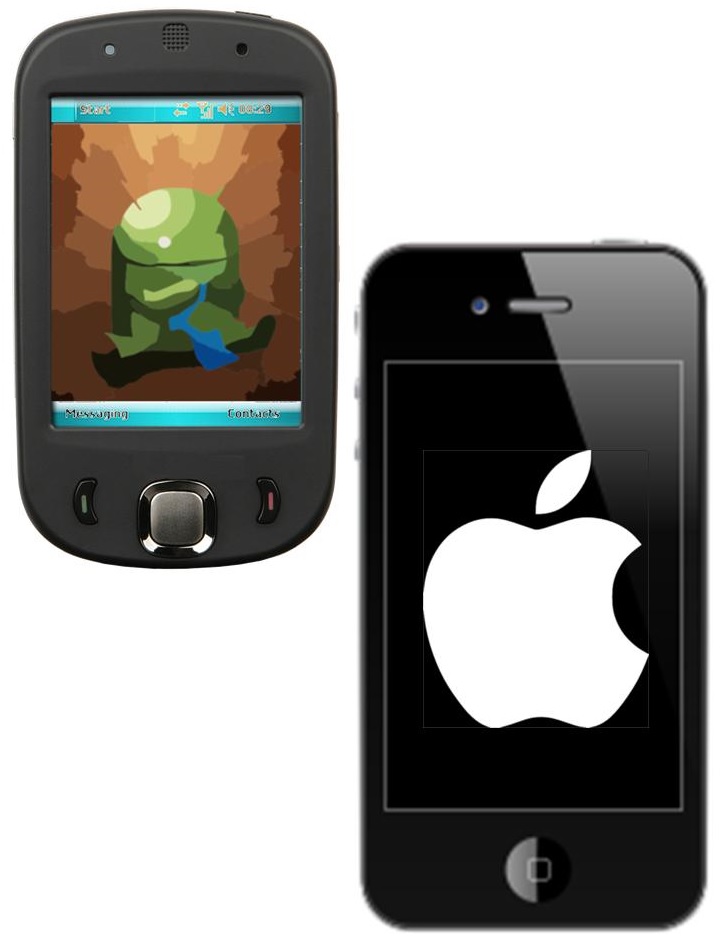The controversial application has been causing a massive stir since last year and it is now launching.
Following a significant controversy in 2015, Peeple, a mobile app with the nickname “Yelp for people” has made its North American launch so that users will be able to rate and review others.
The design of this mobile application lets individuals rate and review anyone they know.
This doesn’t just mean celebrities and people in the public eye. This mobile app lets users give star ratings and reviews for neighbors, co-workers and anyone else they know. Peeple was first unveiled in October 2015 and faced serious criticism from the media as well as across social media and among celebrities. A tremendous number of people objected to the idea of being able to be reviewed in the same way that restaurants or products were being reviewed online.
Some new rules are now allowing the mobile app to proceed forward with its strategy to let users rate each other.
The initial description of the Peeple app explained that users would be capable of adding any name they wanted to the service so they would be able to create a review and a rating for that person. That individual would not be able to opt out of their presence on the app and of that review. That created a tremendous concern in the media and among social media users with regards to the risk of bullying.
Furthermore, positive ratings could be immediately displayed on the app, but low star rankings and negative reviews were required to be placed in a 48 hour hold. In that way, the individual leaving the review was supposed to be given enough time to “work it out” with the other person in the form of a private message.
Public outrage voiced over the mobile app features forced changes to be made to the application before it could be published. Now, Peeple is required to allow ratings only for people who have opted into the network. That way, an individual’s name cannot be added to the service by someone else. As a verification of the person’s identity, sign-ins are conducted through a person’s Facebook account, which is required to have been active for six months before it is approved. A second identification verification is required in the form of a phone number.

 It also took into consideration approximately 5 billion launches of those
It also took into consideration approximately 5 billion launches of those 